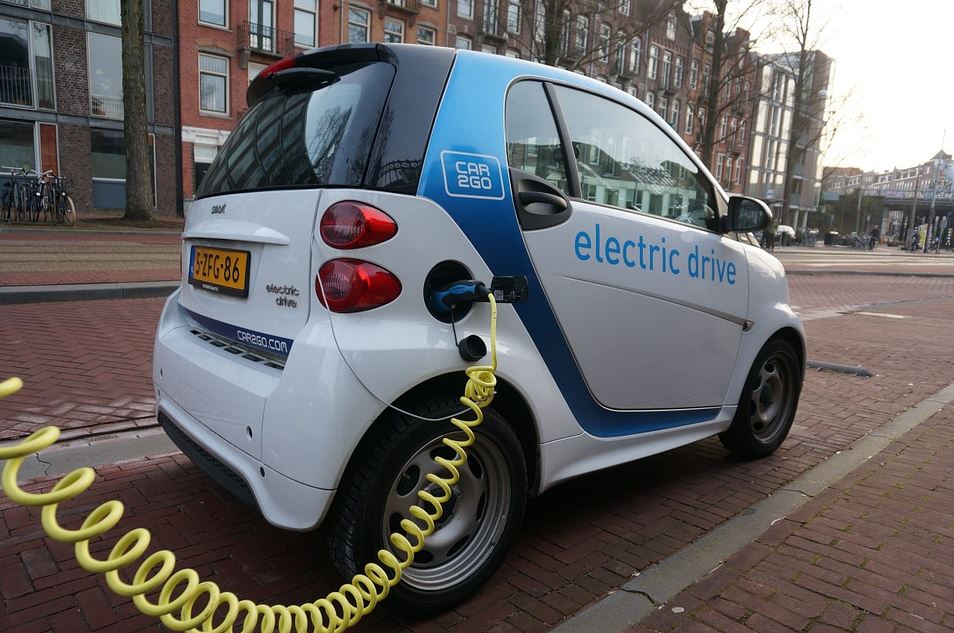
As part of its initiative to become a leader in carbon emissions reduction, California has pushed for the use of electric vehicles as an alternative form of clean, emissions-free transportation. To urge residents to consider electric vehicles, California has introduced a host of incentives. The stakes in this aggressive campaign are significant; the United States Department of Energy has found that if light-duty conventional vehicles are replaced with hybrid or electric cars, then the country’s dependence on foreign oil would decrease by 30 to 60 percent. Moreover, it is estimated that the use of electric cars would result in a 20 percent decrease in carbon emissions based pollution from vehicles.
What measures has the state implemented to incentivize residents to choose electric vehicles? Residents are entitled to a rebate of up to $2500 for new zero emission or plug-in light duty vehicles. This rebate is in addition to federal tax credits which range from $2,500 to $7,500. The state has also adopted a measure to allow vehicles with one occupant to drive in high occupancy lanes if the vehicle displays a Clean Air Vehicle Sticker. These incentives seem to be working as evidenced by Silicon Valley boasting electric car sales that far surpass comparable sales in any other U.S. market. But zero-emission vehicles are generally more expensive than vehicles that use gasoline. Supporters of the electric car industry are focused on implementing policies to encourage the growth of electric car use while also providing assistance to low and moderate income residents to purchase the cars.
Non-profit organizations and industry participants have also been advocating for better infrastructure to support these vehicles, including a system of charging stations that would be able to accommodate growing numbers of electric vehicles. For example, Southern California Edison recently gained approval for a $22 million pilot program to build as many as 1500 new electric vehicle charging stations. These charging stations will be situated at locations where cars are generally left for at least four hours at a time, such as workplaces and multi-unit dwellings. Participants in the program will incur the costs of operating and maintaining the charging stations, but will be eligible for rebates to recoup a certain portion of the cost of the system.
Contact Shane Coons at 949-333-0900 or visit his website at www.ShaneCoonsLaw.com to find out more about his practice.
